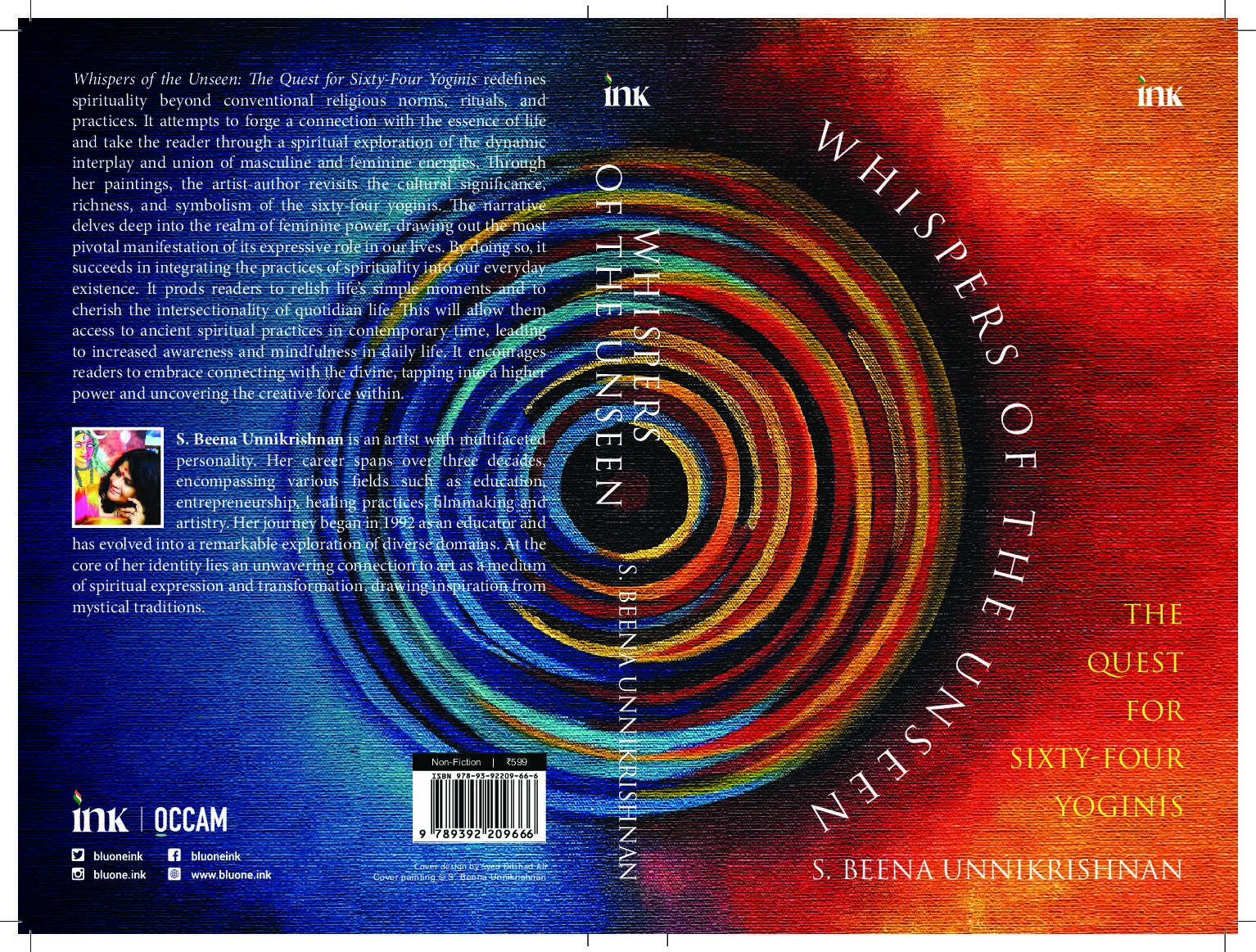Support to Naxals is crime, not dissent
Ravi Shanker Kapoor | September 29, 2018 3:57 pm

The Supreme Court has rightly refused to interfere with the legal action against five rights activists who are accused of links to Maoists. In a majority 2-1 judgment, the apex court extended their house arrest by four weeks. It also rejected the activists’ plea for a probe by a special investigation team (SIT).
The SC Bench comprised Chief Justice Dipak Misra, Justice A.M. Khanwilkar, and D.Y. Chandrachud. Reading out the majority verdict, Khanwilkar said, “This was not a case of arrest merely because of dissent or difference in political views but there was prima facie material to show their link with the banned CPI (Maoist) organization.”
Chandrachud, however, disagreed, saying, “There is no basis to link the activists with the allegations by police.” He found the arrests an attempt by the state to muzzle dissent.
The majority judgment, however, is correct because all freedoms—be it of expression, action, or association—are subject to one basic principle: they shouldn’t harm others. All freedoms are universal. This means that while the activists have their rights, so do the security personnel and civilians slaughtered by Maoists or Naxals. As I wrote in an article in The Sunday Guardian (September 8, https://www.sundayguardianlive.com/opinion/dissent-smoke-mirrors):
“…dissent and civil rights activism, like free speech and action, are valid till they don’t encroach upon the freedoms of other people. This is a truism of liberalism. Naxals, on the other hand, are doctrinally opposed to anything that can even vaguely be called freedom of expression and dissent, their pompous claims of being the messiahs of the poor notwithstanding. They are criminals who have willfully murdered thousands of security personnel and civilians, most of them poor people.
“Now anybody supporting felons is tried as an accessory to the crime. And if you fraternize with criminals, especially violent ones, you run the risk of being accused as an accomplice. So what is this ruckus about the muzzling of dissent?
“If a person supports or sympathizes with the Communist Party of India, which is a legal entity not involved in any criminal activities, legal action against them for sympathies or association would be repression. Similarly, if somebody supports the BJP sympathizers. But if they go around with Naxals, who are violent rogues, or with convicted saffron cowboys, they become suspects. Then they should not be complaining if the law-enforcement agencies act against them. By the way, if the police under a hostile regime get suspicious about Union Minister Jayant Sinha’s proximity with convicted murderers, would Left-liberals term his bonhomie with them as civil society activism?
“Dissent is legitimate but not when it becomes accessory to crime.”
The Supreme Court has acted on this principle.
The five activists—Varavara Rao, Arun Ferreira, Vernon Gonsalves, Sudha Bharadwaj and Gautam Navlakha—are well known for their sympathies with Naxals. Rao, for instance, “had attended the funeral of a CPI (Maoist) commander killed in an anti-Maoist operation in Gadchiroli, Maharashtra, in April,” The Times Of India reported on September. Similarly, Ferreira spent four years in prison (2007-11) for his alleged Maoist links when the Congress and NCP were in power in Maharashtra. He was acquitted, but his connections with the Naxals have not been denied.
With prima facie material to show the links of the five arrested with a Naxal organization, they can’t expect their claim to innocence to be accepted unquestioningly.































